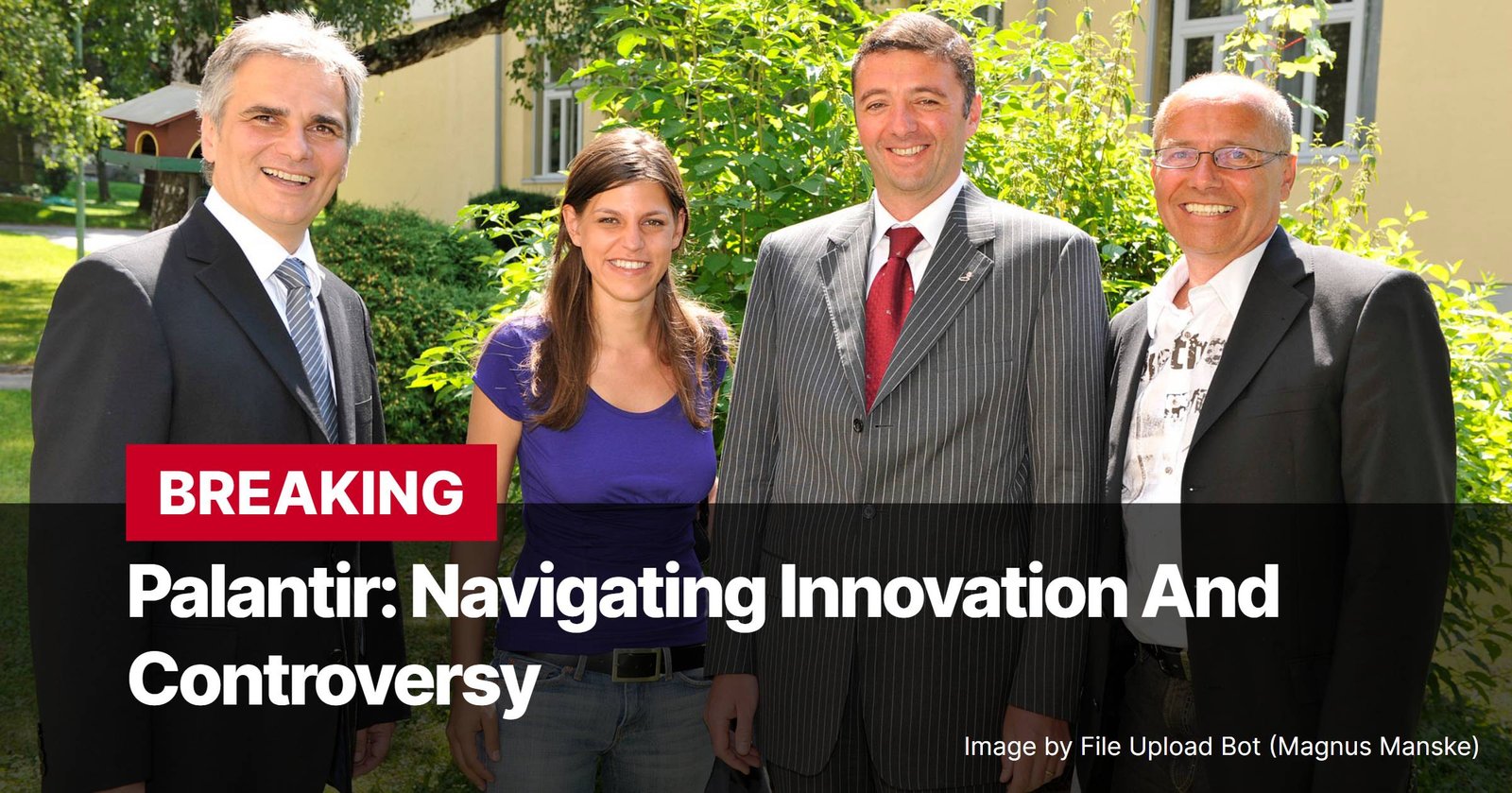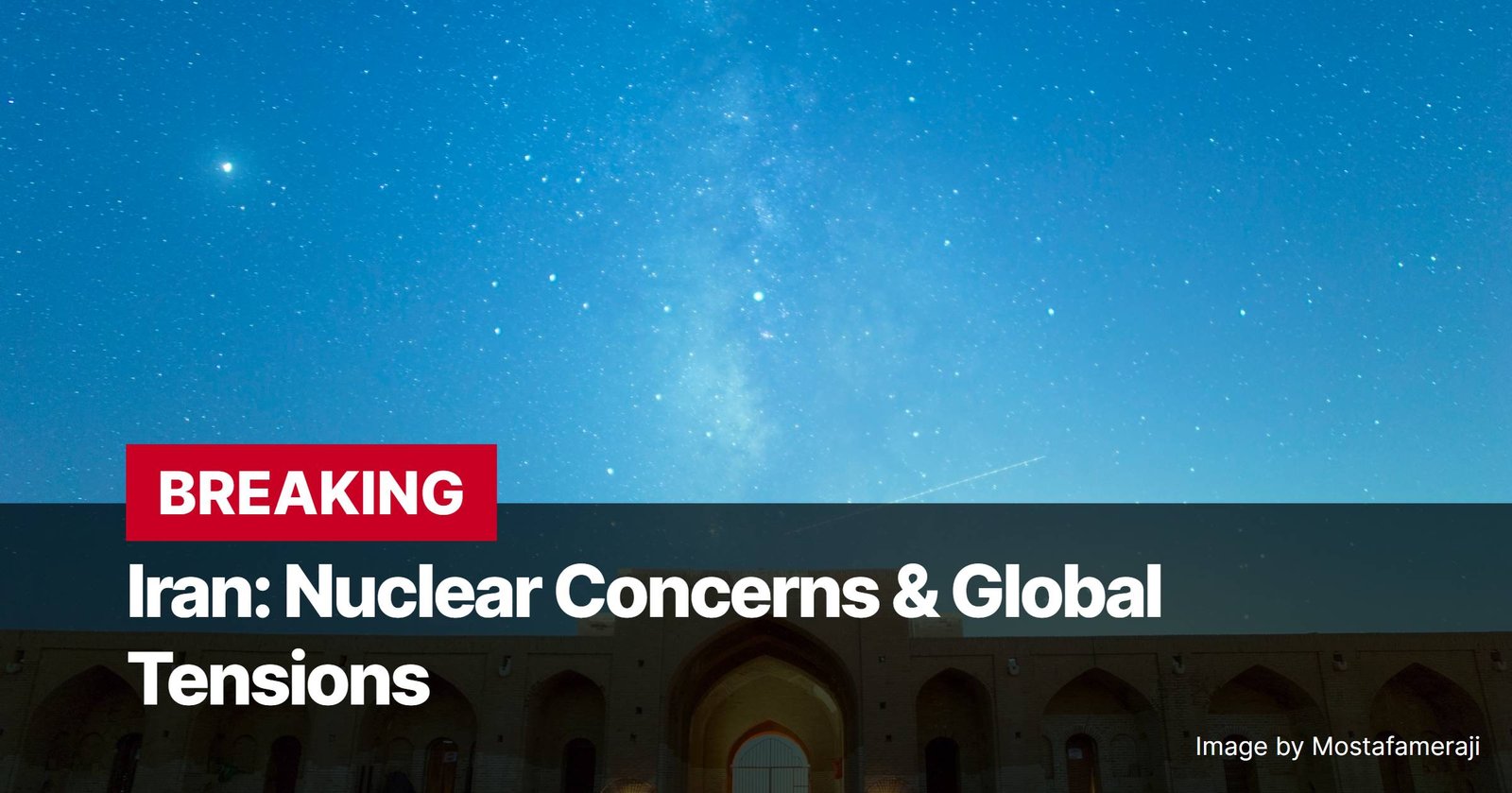The 2024 US Presidential election has been a nail-biter, with several key swing states holding the nation in suspense. Pennsylvania, with its crucial 19 electoral college votes, has emerged as a particularly critical battleground. While the usual demographics and political strategies are analyzed, an unexpected force has entered the arena: the Amish community. Known for their pacifism and detachment from mainstream politics, the Amish have historically maintained a low voter turnout. However, a confluence of factors suggests that this year, they may be a decisive factor in Pennsylvania’s, and perhaps the nation’s, political future.
Recent reports highlight a surge in Amish voter registration and turnout, particularly in Lancaster County, Pennsylvania, the heart of the Amish community in the state. While traditionally eschewing political engagement, a reported government raid on an Amish farmer selling unpasteurized milk earlier this year appears to have galvanized the community. This action, perceived as government overreach, seems to have resonated deeply with the Amish, who value self-reliance and limited government intervention. Their traditional lifestyle, emphasizing religious freedom and separation from worldly affairs, made this perceived intrusion particularly jarring.
This surge in political engagement among the Amish is not entirely unprecedented. Historical accounts reveal instances where the community mobilized to vote, notably in the 1950s when concerns around public school policies, specifically mandatory high school attendance, prompted them to exercise their electoral rights. While typically avoiding political participation, the Amish have shown a willingness to engage when their core values and way of life are perceived to be threatened.
Adding to this potential turning point is a narrative being circulated, possibly for political gain, that claims over 200,000 Amish voters have registered to support a particular candidate in Pennsylvania. However, fact-checking organizations have debunked this claim. While the exact number of Amish voters remains uncertain, their increased engagement is undeniable and could potentially swing a tight race in a state where the margins are razor thin. Given that some polls predict a dead-even race in Pennsylvania, even a few thousand votes could tip the scales, and the Amish community, estimated to number around 100,000 in the state, represents a significant voting bloc.

Further fueling this narrative are anecdotal accounts and observations from within Pennsylvania. Reports suggest increased activity and engagement with the Amish community by political campaigns, including voter registration drives at local markets and rallies. Conversations with members of the Amish community suggest a shift in their perspective on political participation, with some expressing a desire for less government regulation and stronger border control.
One congressman, representing the district encompassing Lancaster County, observed a significant increase in Amish voter registrations compared to previous elections. He attributed this rise to a sense within the Amish community that a particular candidate aligns with their values of religious freedom, limited government, and economic independence.
The potential impact of the Amish vote is magnified by the fact that Pennsylvania has become one of the key swing states in this election. Both presidential candidates held rallies in the state on the eve of the election in a last-minute attempt to sway voters. The fact that one candidate chose Lancaster County, the heart of Pennsylvania’s Amish community, for a rally speaks volumes about the perceived importance of this demographic.
The Amish community’s unusual foray into the political arena offers a fascinating glimpse into the complexities of this election cycle. While their historical avoidance of politics makes their current engagement all the more striking, it underscores the deep-seated concerns and anxieties that can drive even the most secluded communities to participate in the democratic process. The final outcome in Pennsylvania remains uncertain, but the traditionally quiet voice of the Amish community may ultimately play a crucial role in determining who occupies the White House.



















